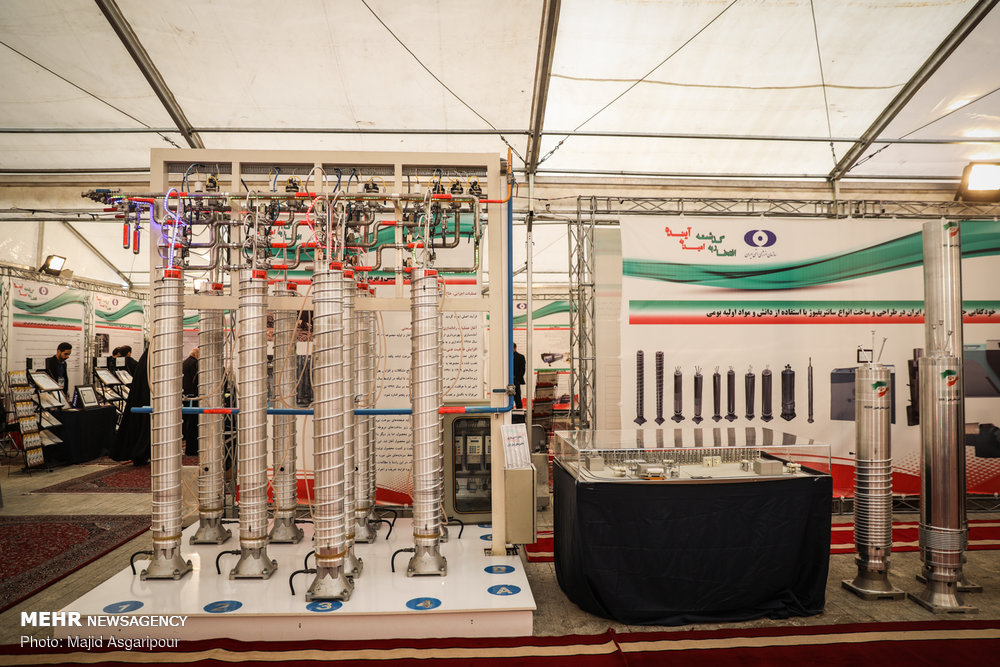A small subset of the U.S. population favors the U.S. military against Iran to thwart the development of nuclear weapons, but one combat veteran expresses a view he believes is more representative of the men and women who wear the uniform.
According to a recent Rasmussen Reports national telephone and online survey, 57 percent of participants favor U.S. military action against Iran’s growing nuclear weapons program. Of the survey’s 1,107 participants, 28 percent said they would “Strongly Support” military action, while 17 percent would “Strongly Oppose.”
“Ultimately, I think all of us, service members and veterans included, want to see anything but war,” Army Lt. Col. (Ret.) Darin Gaub told The Gateway Pundit. The former UH-60 Blackhawk pilot and Afghanistan war veteran said, “Military action should not be our most favorable action to solving any problem globally.”
So, why is U.S. military action the knee-jerk response? Gaub explained on X, saying, “Because it’s the most well-funded department within the U.S. government, we almost always default to using the military rather than other elements of national power.”
Concerning
Iran’s pursuit of nuclear weapons.Because
it’s the most well-funded department within the U.S. government, we
almost always default to using the military rather than other elements
of national power. The goal should be to use everything at our disposal
that does not… pic.twitter.com/c8C1iQx75D—
Darin L. Gaub (Callsign – Defiant) (@DLGaub) June
3, 2025
For him, there are other options outside of the U.S. military to be considered first. “While there are many who are quickly ready to go to war, they don’t understand what war and conflict really are because they’ve never experienced it,” he shared. “Within the veteran community, especially the combat veteran community, we want to make sure everything else is exercised first.”
Rather than becoming involved in taking military action, Gaub suggested President Donald Trump remain steadfast in a “maximum pressure campaign, [placing] crushing sanctions on the regime.” Furthermore, he argued, “these sanctions should reach their downstream partners, Russia and China.”
As stated in his book Veritas Vincit: A Soldier’s Perspective on Truth, Faith, Family, and Freedom, which is scheduled for release on June 15 on Amazon, Google Books, and Apple Books, Gaub has long recognized “the Middle East peace process would break down, and Iran would be the region’s primary instigator of instability and conflict, backed by Russia and China.” The two countries are “almost solely responsible for supporting Iran and keeping them alive,” he told TGP.
For Gaub, economic sanctions are only the starting point for a peaceful resolution. The United States also needs to get creative about “supporting the Iranian people over their rulers and their dictators,” he offered. “These people need to take on the desire to pursue their own freedom again, and the best way for that to happen is for their people to take their country back and not turn it into a war zone.”
Before moving toward military action, Gaub said, “Let’s use all those other elements of power, like economic sanctions and diplomacy.” But when those efforts are exhausted, he admitted, “it would then become time for that harder conversation.” And should that day come, Gaub still questions whether the United States should be the country “tackling the problem.”
In his opinion, Israel should lead this effort with the support of European allies. “They have better intelligence and better capabilities of proximity than we do,” he explained. “We can support their effort to eliminate the problem, but we don’t need to be the world’s police.”
Read the full article here
